A group of authors has earned two retractions for a pair of papers on which they had “severe conflicts of author sequences,” according to the retraction note.
All of the authors were involved in a recent spate of compromised peer review that hit Springer journals back in August. Among the 64 retracted papers this summer, one included all of the authors on the two recently retracted papers, including first author Yan-Zhi Chen. Besides authorship issues, the latest two retractions also contain a “striking similarity to other publications,” according to the retraction notices.
The notes for the two papers are the same, except for the title of the paper. (They are also paywalled, tsk tsk!)
Continue reading Authors retract two papers for “severe conflicts of author sequences”
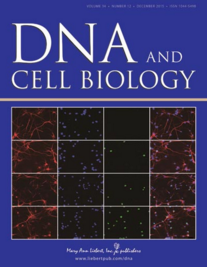

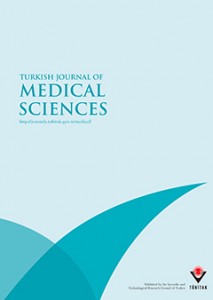
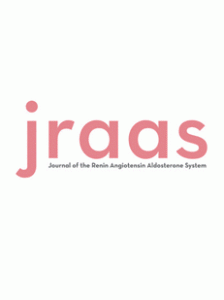

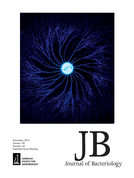

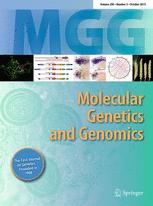 A
A 